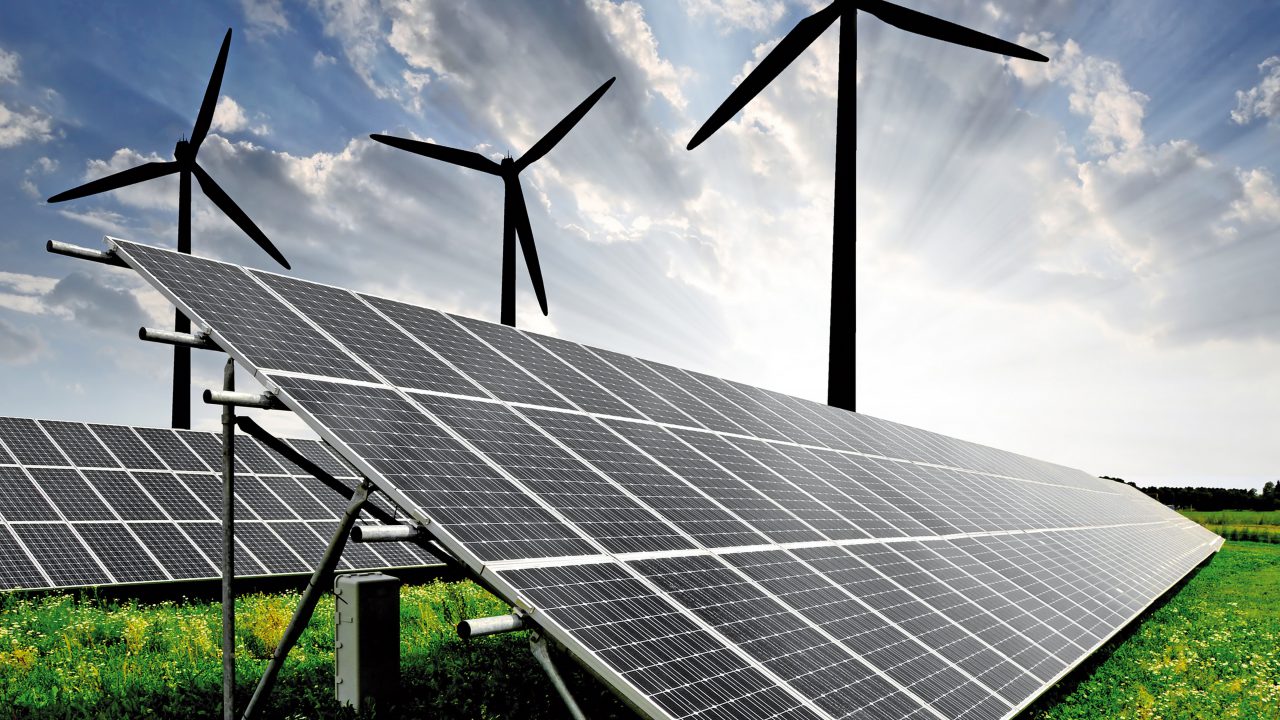The Department of Environment, Climate and Communications (DECC) has today (Monday, September 19), launched a consultation as part of its review of Ireland’s energy security.
The review considers potential risks to natural gas and electricity supplies and examines mitigation measures, including the need for additional capacity to import energy, fuel diversification and renewable gases.
The consultation now allows for submissions on policy measures that could be implemented to support Ireland’s security of supply framework until Friday, October 28, 5:30p.m.
The Minister for the Environment, Climate and Communications, Eamon Ryan will bring his security of energy supply recommendations to government once the review process has been completed.
“As we transition to a net-zero emissions future, we must ensure that our pathway of decarbonisation is underpinned by both affordability and, critically, security in how we access and use energy at all times, including times when there might be demand risk or disruption.
“It is essential that we have reliable sources of energy, including adequate gas and electricity storage, so that consumer and business confidence in our economy and in our energy infrastructure remains strong,” Minister Ryan said.
The review does not address the expected tight margins in electricity supply over the coming winters, as these are addressed through work undertaken by the Commission for Regulation of Utilities (CRU).
Consultation
Technical analysis supporting the DECC’s review of the security of supply of Ireland’s electricity and natural gas systems has been conducted by Cambridge Economic Policy Associates Ltd. (CEPA).
Implementing electricity measures as outlined in the Climate Action Plan 2021, including the deployment of renewables, and increasing electricity interconnections to Northern Ireland, the UK and France, improve Ireland’s security of supply, according to CEPA.
While the risk of a physical disruption to gas supplies is low, the impact of such a disruption is considered very high. However, there are a range of measures available to strengthen Ireland’s position, according to the analysis.
The list of mitigation options, which are focused on the period to 2030, but in the context of a sustainable transition to net-zero emissions by 2050, are as follows:
- Strategic gas storage — gas storage that would only operate during periods in which there is a material risk of demand disruptions in Ireland;
- Strategic floating liquified natural gas (LNG) — a floating LNG facility that would only operate during periods of a material risk of demand disruption in Ireland;
- Gas package — a combination of strategic storage, renewable gas (biomethane injection and hydrogen) and demand side response;
- Additional electricity interconnection — another 700MW interconnector to France in addition to the Celtic Interconnector;
- Additional pumped storage — an additional 360MW of pumped storage hydroelectricity capacity;
- Biomass plant — a 450MW dedicated biomass plant;
- Secondary fuel — increased secondary fuel storage beyond the current five-day storage requirement;
- Hydrogen plant conversion — converting a CCGT (combined cycle gas turbine) to hydrogen;
- Electricity package — a combination of additional capacity of batteries and demand side response.
Mitigation options are appraised against a set of key criteria to identify a short list of appropriate mitigation options for further analysis. The key selection criteria used are consistency with the Climate Action Plan; security of supply impact; and feasibility of implementation.
Energy supply and demand
Ireland is one of the most energy import-dependent countries in the European Union (EU) with oil making up the largest share of energy imports, as 100% of oil and 71% of natural gas was imported in 2016. The consultation document states:
“As we decarbonise our energy system, demand for electricity will increase and our demand for natural gas will decrease. However, as we transition away from other fossil fuels, the dependence of the electricity system on natural gas (particularly at times of low wind) and the peak demand for natural gas are both expected to increase.”
The DECC’s review recognises that Ireland’s import dependency for natural gas has increased consistently over recent decades, with rising demand and reducing production from the Kinsale and Seven Heads gas fields, which have now ceased production.
The arrival of the Corrib gas field in late 2015 reversed this trend, though the dependency rate is increasing again as the indigenous source of gas supply at Bellanaboy, meeting circa 25% of Ireland’s gas demand, depletes.
The balance of Irish gas demand, circa 75%, is met by two subsea interconnectors from Scotland which bring gas to Ireland. Ireland does not have any gas storage or LNG facilities.
